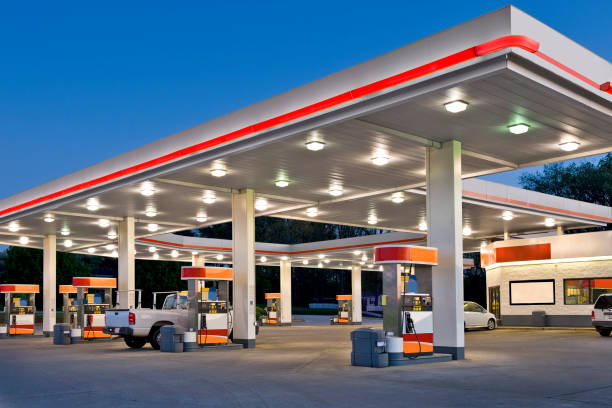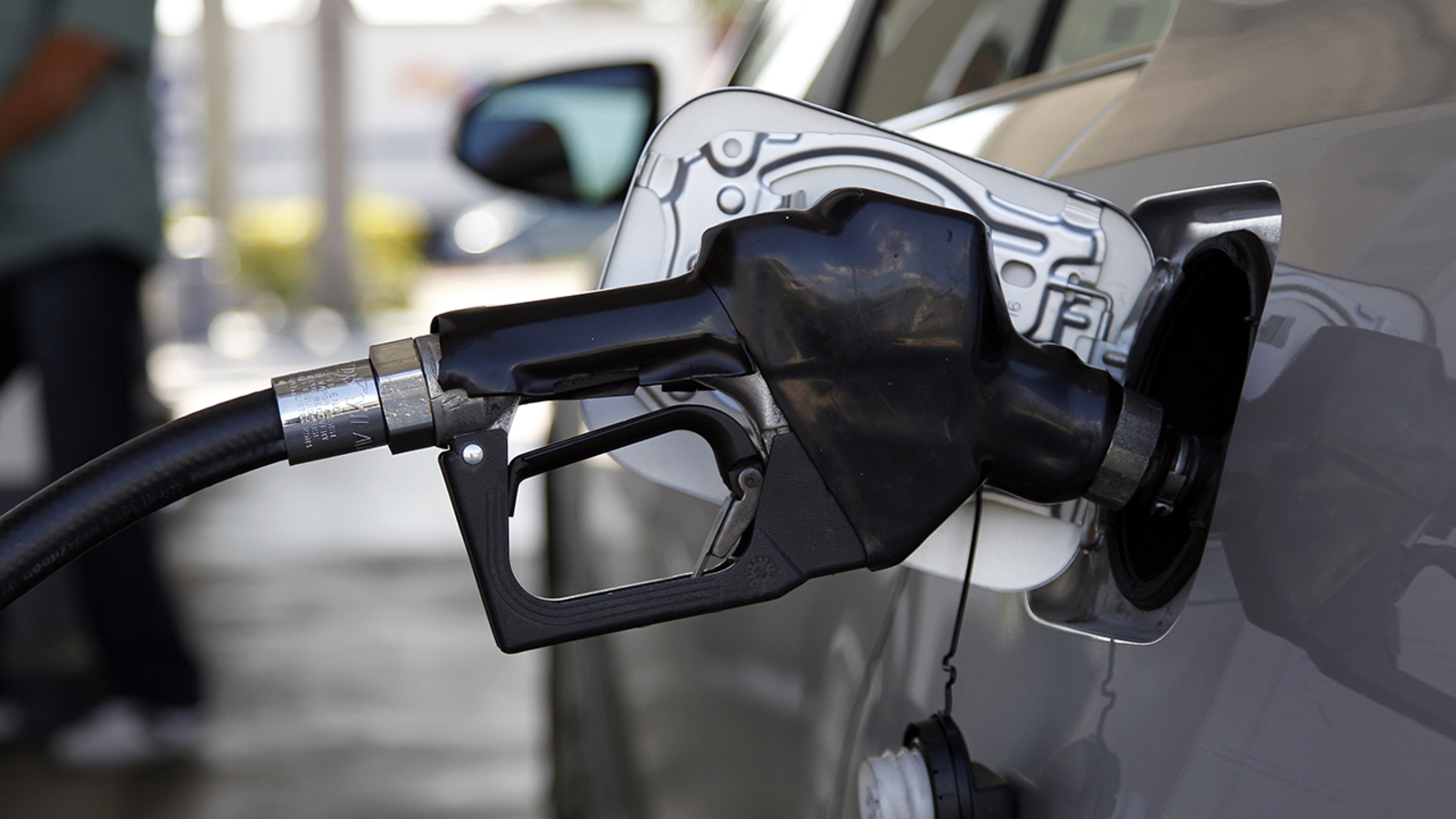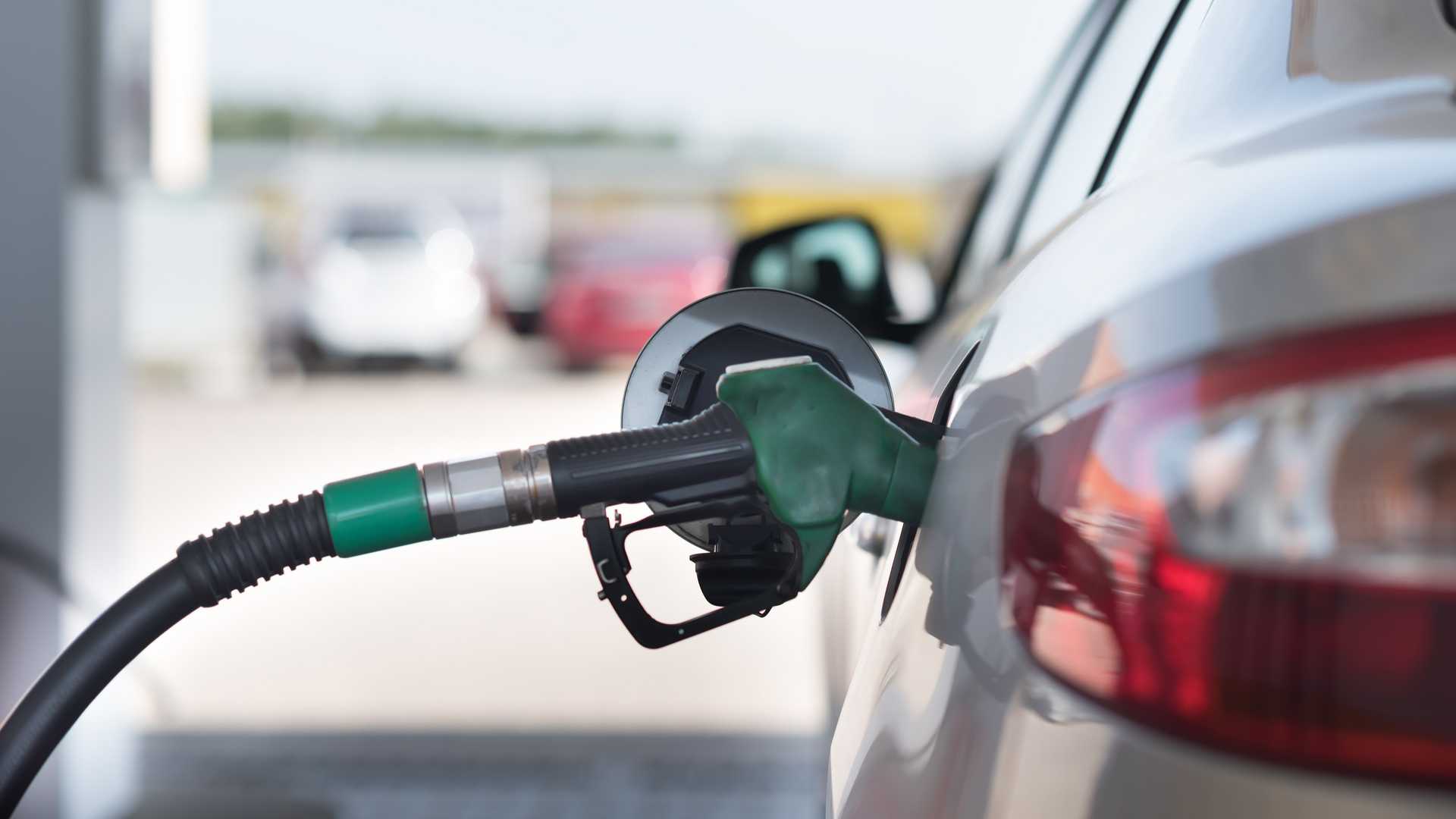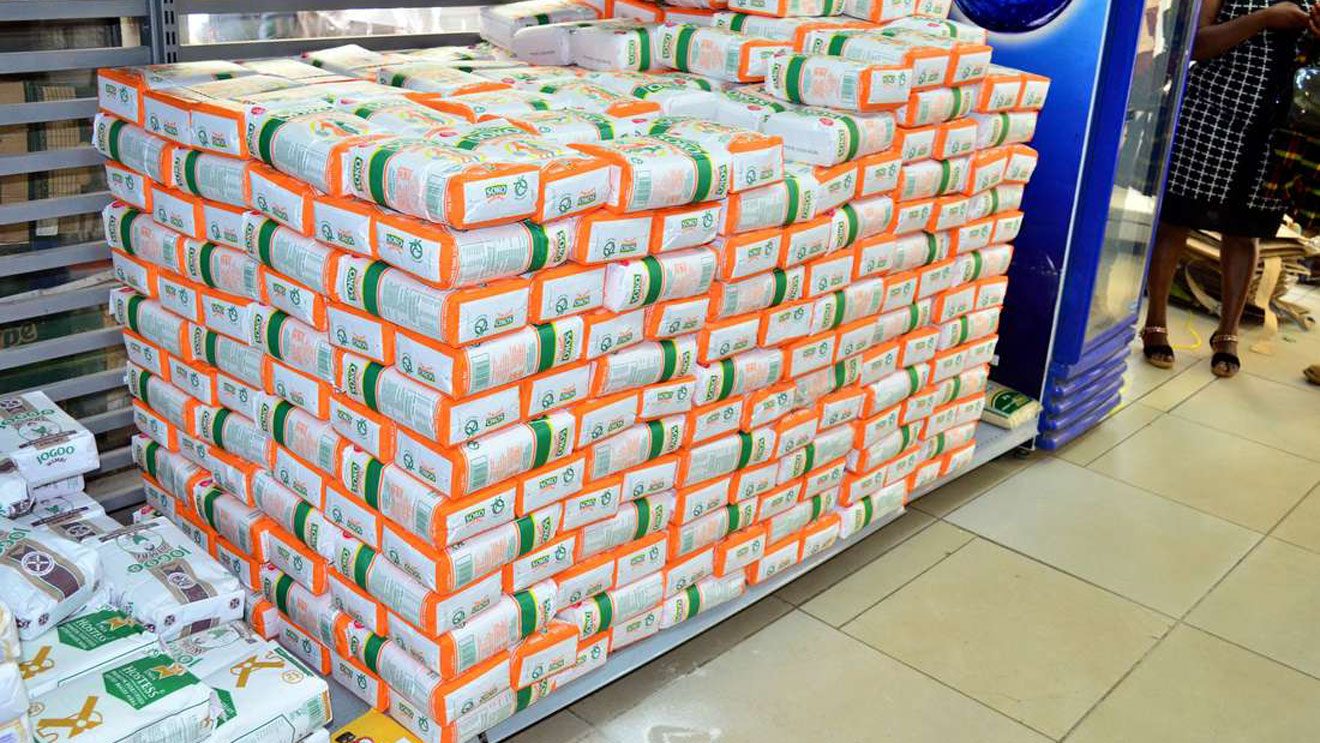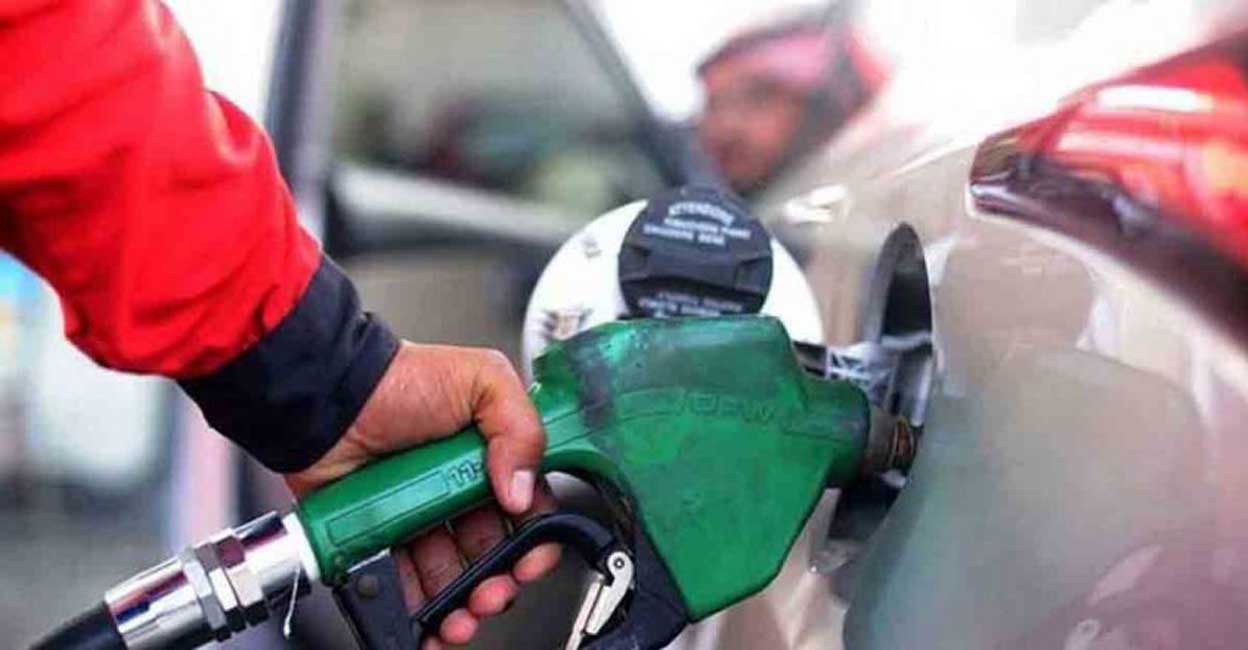The Energy and Petroleum Regulatory Authority (EPRA) has calculated the maximum retail prices of petroleum products which will be in force effective today for the next thirty days.
In the period under review, the pump price for Super Petrol and Diesel increase by Ksh. 5.00 per litre respectively while that of Kerosene remains unchanged.
In its monthly review announced on Monday, the regulator pegged the rise on increased landed costs of importing the products.
”The charges in this month’s prices are as a consequence of the average landed cost of imported Super Petrol increasing by 13.34% from US$596.79 per cubic metre in January 2022 to US$676.40 per cubic metre in February. Diesel increased by 11.74% from US$606.16 per cubic metre to US$677.31 per cubic metre.” EPRA Director-General Daniel Kiptoo
He further noted that the prices are inclusive of the eight per cent Value Added Tax in line with the provisions of the Finance Act 2018, the Tax Laws (Amendment) Act 2020 and the revised rates for excise duty adjusted for inflation as per the Legal Notice No. 194 of 2020.
However, despite the landed cost of Kerosene increasing by 15.94 per cent to $619.57 per cubic metre from $534.38, EPRA did not increase the pump prices. A section of Kenyans reacted to the increment with outrage, saying it will have a direct impact on the cost of living, given that diesel is a major factor of production.
Mandera residents will pay the highest amount to access the petroleum products with a litre of petrol retailing at Sh135.85 from Sh128.22, Sh120.70 from diesel up from Sh114.95.
Traditionally, Mombasa residents enjoy the most favourable prices due to nearness to the port, which saves them from additional transport costs for the products.
The increase in pump prices is expected to influence the cost of living this month after overall year-on-year inflation rose to a 10-month high of 5.78 per cent in February.
The adjustment in fuel prices is further expected to put pressure on the cost of electricity just weeks after EPRA announced the first phase of 15 per cent power cost reduction, signaling that the 30 per cent cost reduction target could be thrown away soon.
Energy charge in electricity billing is usually adjusted based on the global changes in fuel costs.


